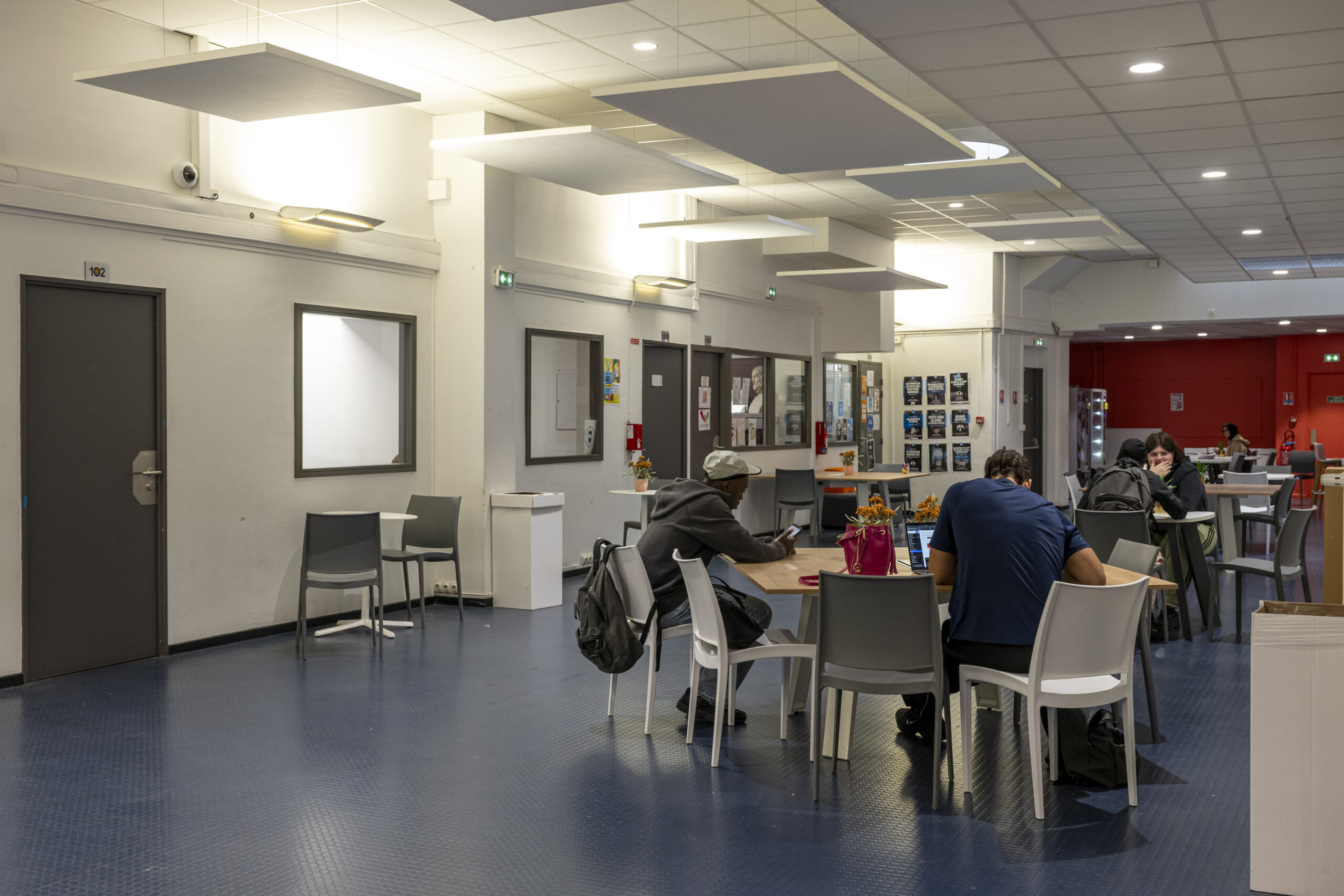Education, a field of experimentation
Education has always a the testing ground for innovation, and artificial intelligence (AI) is now a driving force in this sector. In the context of teaching French as a Foreign Language (FLE), the integration of AI offers revolutionary perspectives for making learning more effective, personalized and accessible. However, the emergence of certain tools like Chat GPT is controversial due to the misuse of some young students.
Personalization of learning
One of the main contributions of AI in FLE teaching is its ability to offer personalized learning paths. AI-based systems can assess the skill level of each learner dynamically, identifying their strengths and weaknesses. Based on this data, tailor-made learning modules can be offered by teachers, allowing each student to progress at their own pace.
Artificial intelligence and adaptive learning
AI-powered adaptive learning technologies are capable of providing instant feedback to learners, guiding them in a personalized way throughout their journey. Exercises and activities are adjusted in real time based on past performance, providing a highly individualized learning experience. Artificial intelligence can therefore adapt French language teaching programs to the actual educational needs of students.
Chatbots and virtual tutors
Chatbots and virtual tutors have become tools used daily by many businesses, from telephony to energy or real estate . Students are also familiar with this technology which can also be integrated into the teaching of FLE. These virtual entities can interact with students, answer their questions, and even simulate conversations in French. The AI therefore offers a virtual linguistic immersion which allows learners to perfect their mastery of the French language in an interactive way.
Automated correction
AI also excels at automatically correcting written exercises: natural language processing algorithms can evaluate grammar, syntax and vocabulary, providing accurate and instant feedback. This reduces the workload for teachers and allows students to receive immediate feedback, driving continuous improvement.
Analysis of training data
Additionally, AI systems can analyze large data sets to assess learning trends. This analysis allows FLE teachers to understand common blocking points, adjust study programs accordingly, and identify the most effective teaching strategies.
Accessibility and flexibility
The integration of AI into FLE teaching makes learning the language more accessible, especially for those who do not have access to traditional courses. Mobile apps, online platforms and AI tools enable learners to study anytime and anywhere, eliminating geographical barriers.
Pedagogical/ethical challenges and considerations
However, the use of AI in FLE teaching does not come without challenges. Ethical issues such as the protection of student privacy, the transparency of algorithms, and the management of sensitive data require special attention. Moreover, it is essential to maintain a balance between technological innovation and the need for human interaction in the learning process. Indeed, the use of technologies such as Chat GPT gives students the opportunity to offload their work on writing, correcting, and learning French in general, thus allowing the AI to act in their place. A practice which would undoubtedly hinder their learning abilities and knowledge, making institutions and language teachers essential to effective pedagogy.









